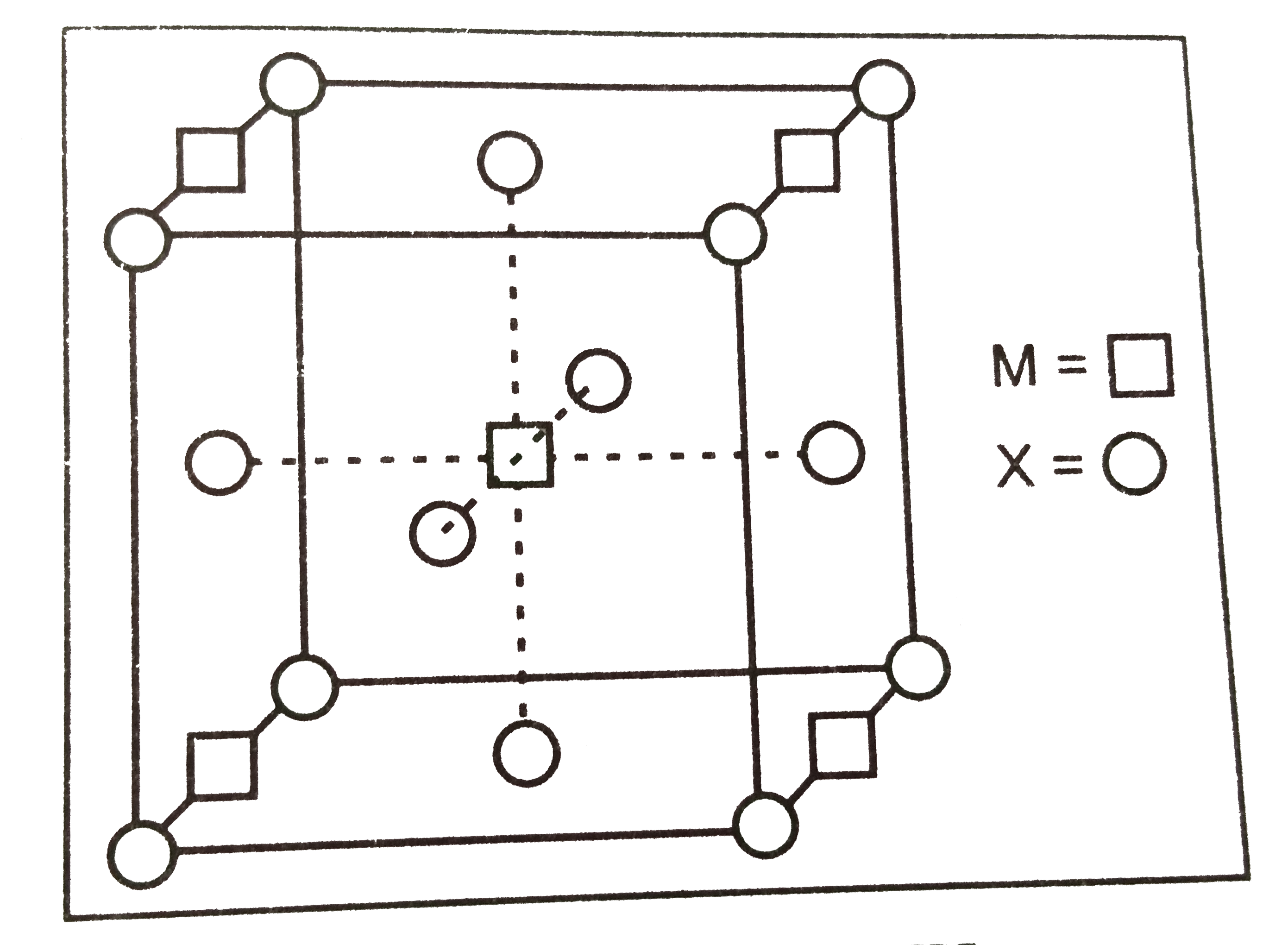Study the following information carefully and answer the question given below
Seven persons D, G, P, L, J, U and Q are sitting in a row facing to the north. They all have of different ages. D sits 3rd from one of the extreme ends of the row. Q sits 2nd to the right of D. The number of persons sit to the left of Q is same as the number of persons sit to the right of G, who is 20 years old. P sits 4th to the left of the one who is 35 years old. Q is not 35 years old. Total age of immediate neighbours of D is 75 years. J is 30 years old. P is 20 year older than one of his immediate neighbours. U sits to the right of L, who sits immediate to the left of the one who is 25 years old. Q is 5 year younger than P.
The number of persons sit between L and Q is same as the number of persons sit between P and ____?
D
G
U
Q
The correct Answer is:A
Similar Questions
x और y के लिये हल कीजिए: px+qy=1 और qx+py=(p+q)2p2+q2−1
View Solution100 g fcc क्रिस्टल जिसका घनत्व d=10g/cm3 है तथा कोर 100 pm के बराबर है, में परमाणुओं की संख्या होगी :
View Solutionएक यौगिक MpXq में X की घनीय संवृत संकुलन (ccp) व्यवस्था है । इसकी इकाई सेल नीचे दी गई है । यौगिक का मुलानुपाती सूत्र है ।

View Solutionनिम्नलिखित समीकरणों के अनुसार धातु A,B,C,D व H2 की विधुत - रासायनिक श्रेणी का निर्माण करो ।
(i) 2A+2HCl→2ACl+H2
(ii) B+2HCl→BCl2+H2
(iii) 2A+BCl2→2ACl+B
(iv) D+CCl2→DCl2+C
(v) D+HCl→ कोई अभिक्रिया नहीं
View Solutionनीचे कुछ अभिक्रियाएँ दी गयी है-
(a) ACl2+B→BCl2+A
(b) B+DCl→ कोई अभिक्रिया नहीं
(c) C+2DCl→2D+CCl2
(d) C+ECl2→ कोई अभिक्रिया नहीं
(e) H2+ECl2→2HCl+E
(f) H2+FCl2→ कोई अभिक्रिया नहीं
उपरोक्त दिए तत्वों (A से F) को रासायनिक सक्रियता के घटते क्रम में व्यवस्थित करो ।
View Solutionबहुपदों f(x),g(x),q(x) तथा r(x) का एक उदाहरण दें जो f(x)=g(x)⋅q(x)+r(x) को संतुष्ट करता हो, जबकि r(x) की घात शून्य है |
View Solutionछलकता सेल में इलेक्ट्रोड सूक्षम विभाजित प्लेटिनक ब्लेक की परत से आवृत करते है, क्यू ?
View SolutionP∗q=p2−q2
p%q=p2−q2
p$q=p2+q2
p∘q=pq+p+q
pΔq = Remainder of pq
p©q = greatest integer less than or equal to pq.
If p=11andq=7 , then the value of (p∗q)∘(p$q) is:
View Solution

